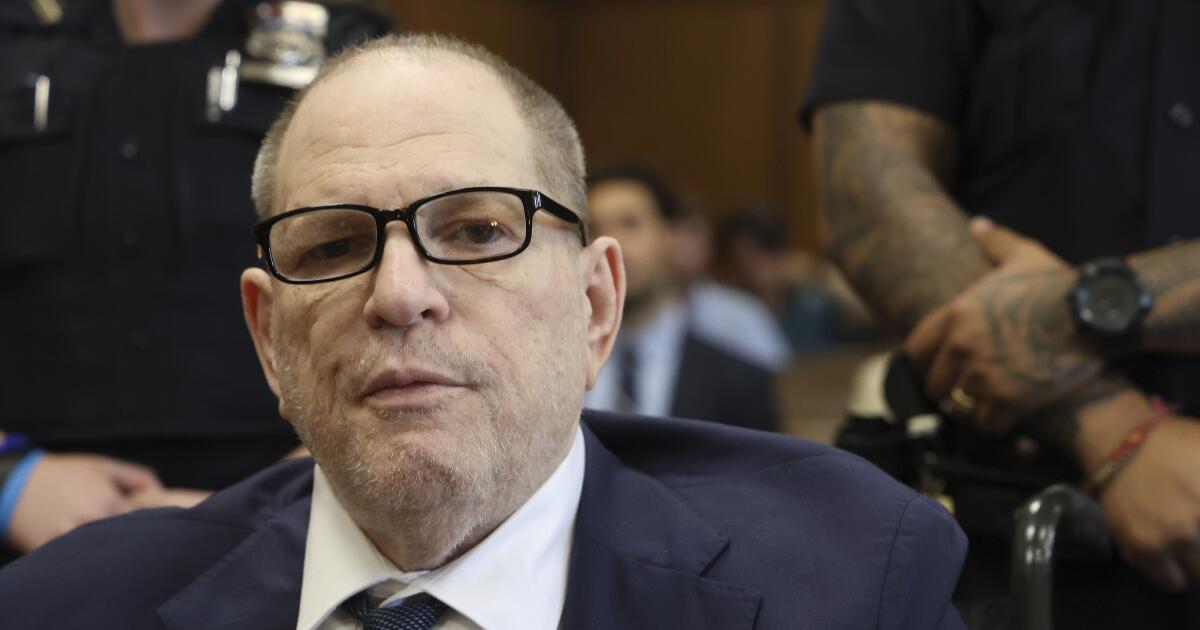KAMANYOLA, Democratic Republic of Congo (Reuters) – United Nations troops began their gradual withdrawal from restive eastern Democratic Republic of Congo on Wednesday, handing over a base to Congolese authorities, the peacekeeping mission said in a statement.
The peacekeeping force, known as MONUSCO, has been deployed in Congo for more than 13 years after taking over from an earlier U.N. operation in 2010 to help quell insecurity in the east of the Central African country, where armed groups fight over territory and resources.
But in recent years, the presence of the 13,500-strong force has become increasingly unpopular for its perceived failure to protect civilians against rising militia violence, sparking deadly protests.
The U.N. Security Council approved the end of the mission in December after President Felix Tshisekedi in September requested the mission’s withdrawal be fast-tracked.
At the Kamanyola base in South Kivu, a contingent of Pakistani peacekeepers lowered the U.N. flag as MONUSCO head Bintou Keita handed over the keys to provincial authorities.
The base, established in 2005, will be managed by national police, the U.N. said.
“We hope that the handover of Kamanyola, combined with MONUSCO’s ongoing construction of the Congolese National Police sub-station, will serve as a model and inspiration for the rest of MONUSCO’s disengagement process,” Keita said in the statement.
This first of three withdrawal phases will see about 2,000 troops leave 14 bases in South Kivu province by the end of April. The mission will later withdraw from the North Kivu and Ituri provinces in the next phases.
Civil society leader Asifiwe Balagizi Andre said the handover was an historic event.
“We now call on our government to play its full role in ensuring the safety of the population and their property,” he said.
The security situation remains acute. Clashes have escalated between the Congolese army and Rwandan-backed M23 Tutsi-led rebels in eastern Congo, pushing the number of internally displaced people in North Kivu alone to 1.6 million as of mid-February and exacerbating a decades-old humanitarian crisis.
(Reporting by Crispin Kyala; Writing by Portia Crowe and Alessandra Prentice, Editing by Alexandra Hudson)
